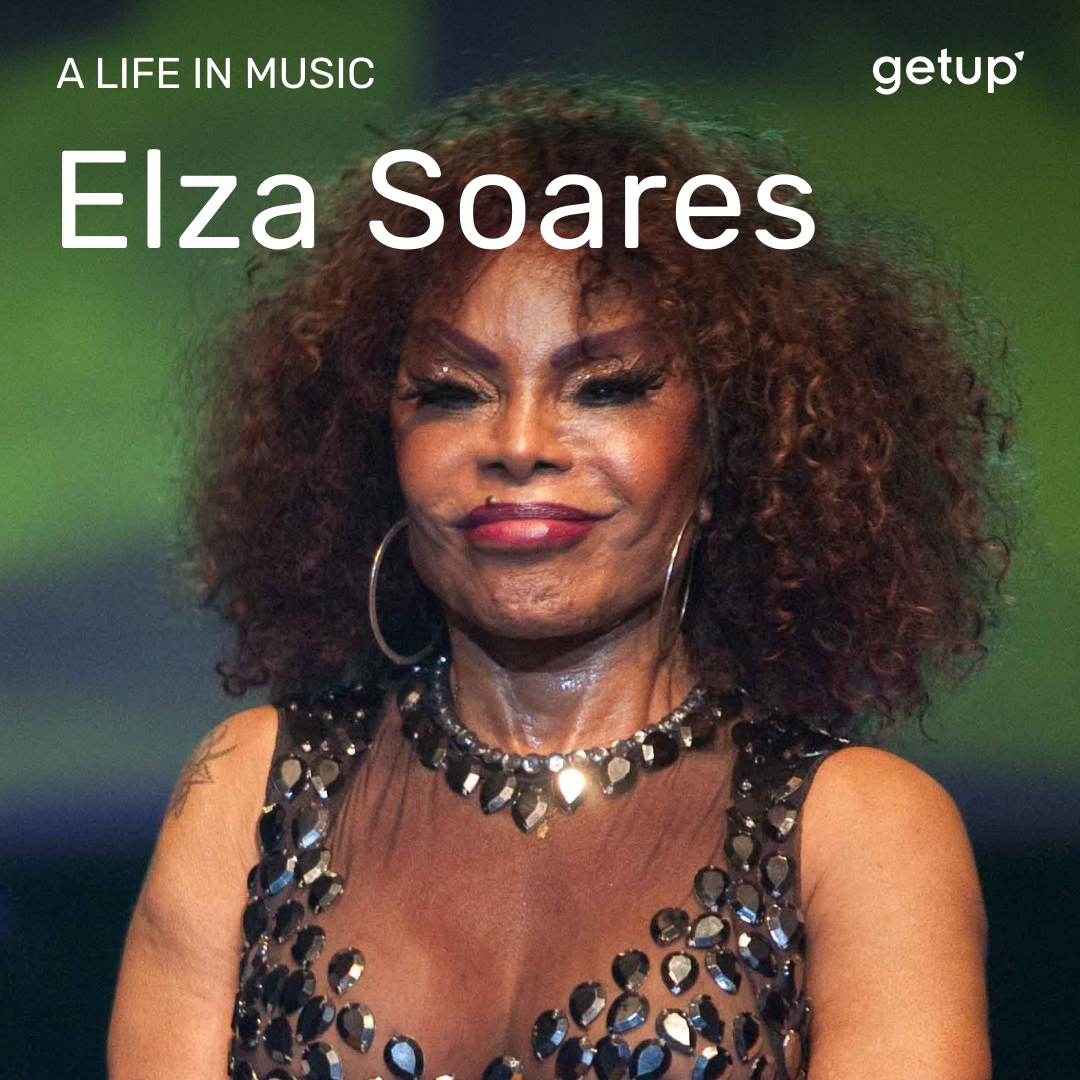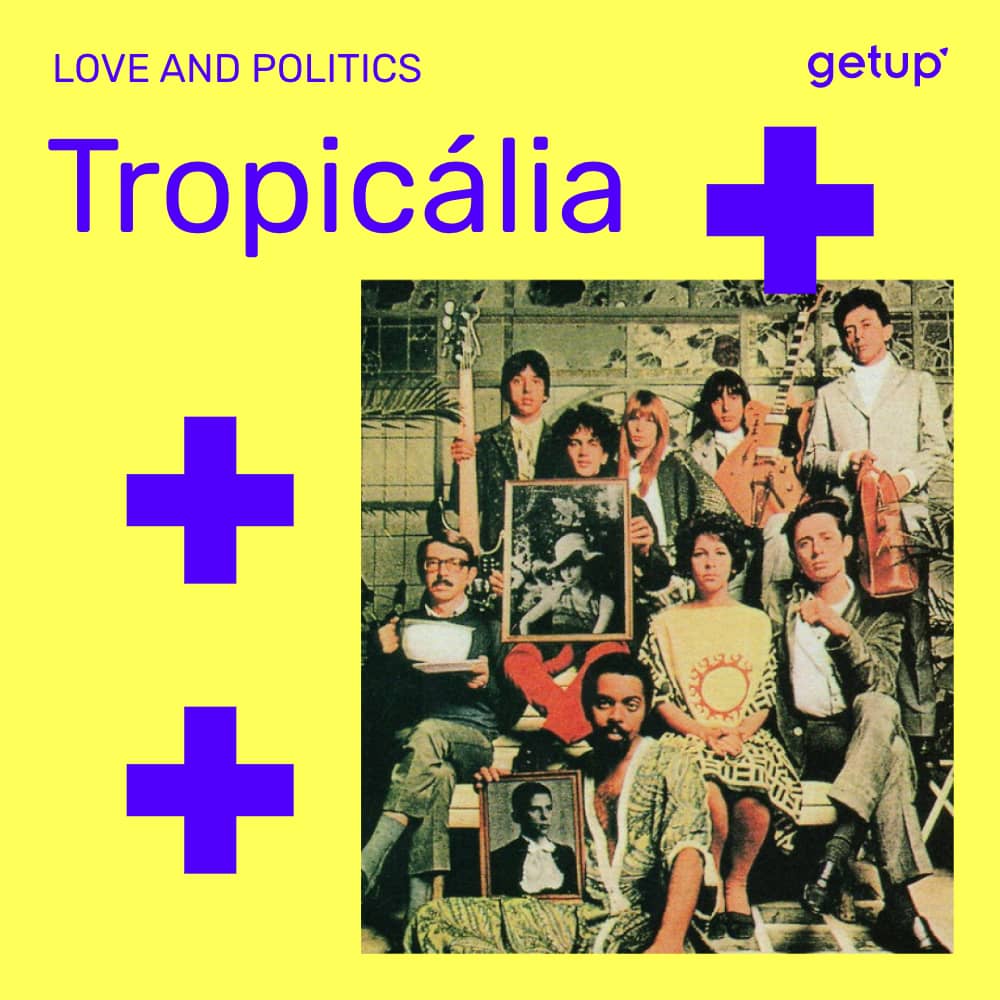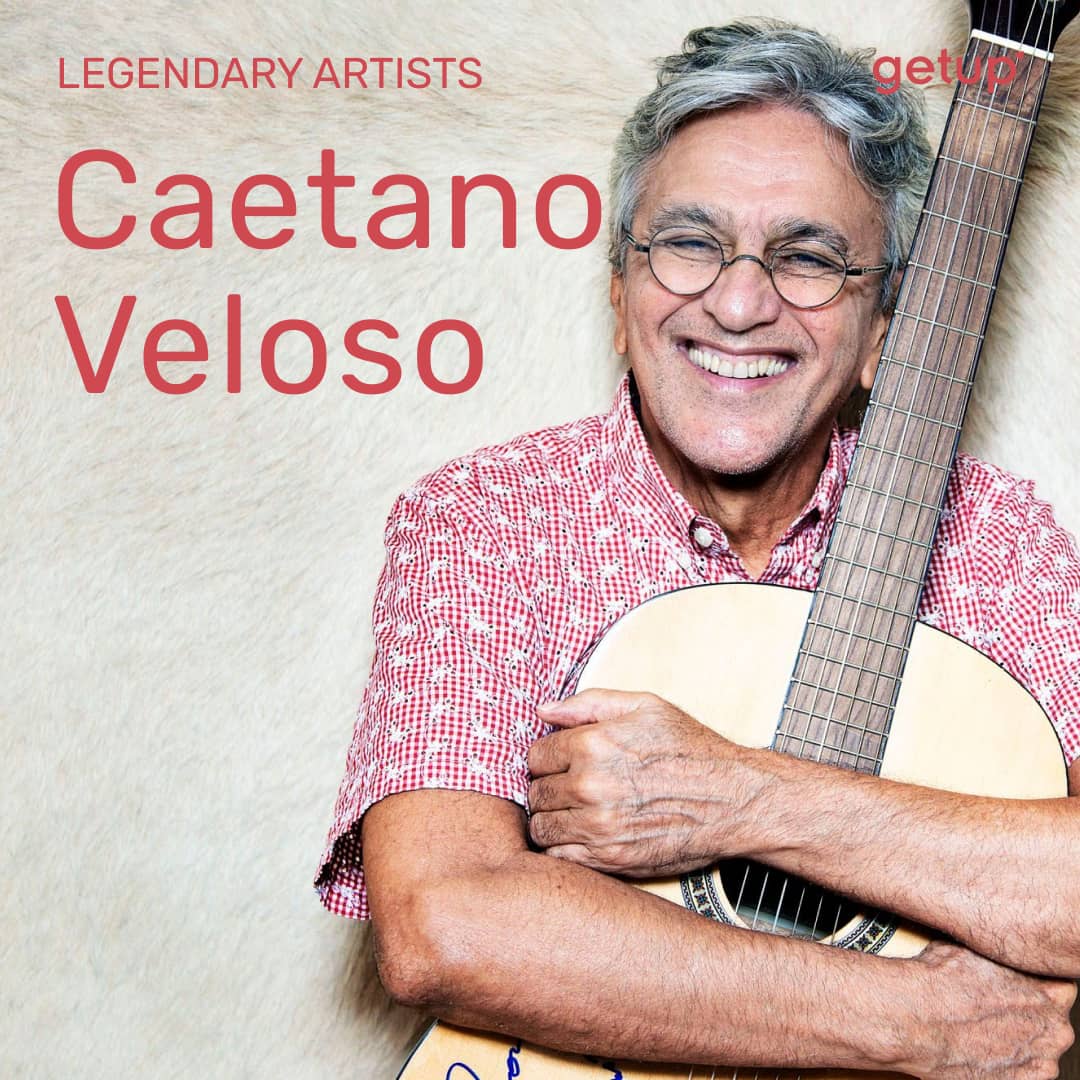Born in a favela in the suburbs of Rio in 1930 to a washerwoman mother and a factory worker father, Elza Gomez da Conceição took the name Elza Soares when her family married her at the age of 12. Tragedies followed, and hunger fell in. She lost her first two children and was widowed at 21. Then, Elza tried her luck at the Tupí radio station competition, winning the first prize and, thanks to her extraordinary voice, began a career as a crooner. Her beginning were jazzy, the first recordings dating back to the end of the 1950s, when bossa was fighting with samba, a style that would eventually rally her to its cause and of which she would become one of the greatest ambassadors until the 1970s, recording with Miltinho, Wilson das Neves and even Roberto Ribeiro.
Though Elza Soares’ musical success was not the only topic to make headlines. Since the 1962 World Cup in Chile, where the singer was named godmother of the national team, her affair and then her tumultuous marriage with the soccer star Mané Garrincha have kept onlookers fascinated. The couple, who had to flee the dictatorship, were drowning in alcohol until their return from Italy. After years of repeated domestic violence, Elza was at the bottom of the abyss, and only the enlightened help of Caetano Veloso would allow her to revive a damaged career. The title track of the album Velô, the samba rap Língua, where her voice became a scream of rage, was a huge success. "Voltei (I'm back)", she sang in 1989. Ten years later, the BBC named her the voice of the millennium.
At the age of 70, Elza Soares finally found favor with her profession in Brazil by recording Do Coccix até o Pescoço, the most modern album of her long discography, punctuated with funk and electro. She tackles the issue of racism, which she will also develop in her following albums, marked by resilience in the face of violence against women, black in particular, and by her support for the LGBT cause. Immortalized by the samba school, Mocidade Independente de Padre Miguel, of which she was the enredo of the 2020 carnival, she sang until the end, recording with Metá Metá and BaianaSystem and multiplying the duets with young rappers and alternative rock figures.
Elza Soares, you will be missed.
Elza Soares, God Is a Woman
60 years of Elza Soares' career as the voice of the millennium.
Share




